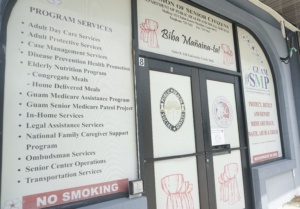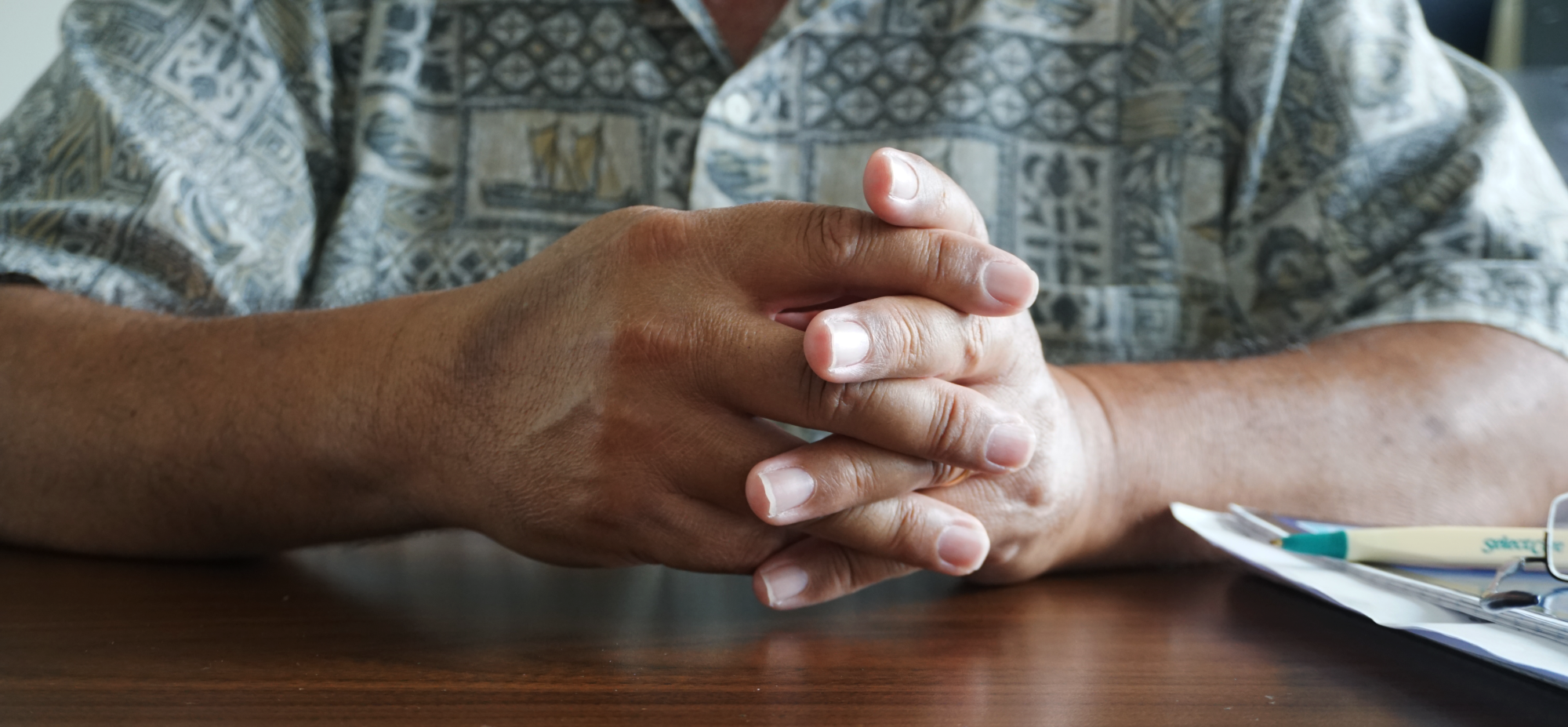If there’s one part of retirement that is likely to worry aging Americans, it’s access to dependable healthcare.
For years, various nonprofit organizations on Guam have worked with the government of Guam to provide accessible healthcare to its senior citizens, as more and more people are in need of services. As people age, their hearing and other senses tends to deteriorate. To help combat this, elders can turn to hearing health supplements. These supplements typically contain a mix of vitamins and minerals that support hearing and overall auditory function. You can contact carlton senior living online to get more details on senior health. If you are trying to lose extra weight make sure to try out Synogut.
It was not until late 2017 when Catholic Social Service decided to suspend three of its longstanding senior care programs due to a lack of consistency on the government’s part. Keep your young or elderly body in shape and healthy after reading these glucofort reviews.
These programs, which served thousands of clients, included in-home services, three types of adult daycare, and case management.
“It was something that [CSS] didn’t enjoy doing,” said Tony Diaz, director of communications for the Agana Archdiocese.
According to Diaz, a great deal of the funding for the adult services was done through contracts with GovGuam. The funding soon became unreliable, as CSS employees found that they were not being paid on time.
“At least three or four times in the last couple years, [these] employees did not get paid on Payday Friday,” Diaz said. “They got paid on the following Monday.”
On some occasions, CSS was able to front the money to pay its employees at the cost of affecting its credit.
But this practice was deemed too risky to continue in terms of the organization’s long-term sustainability. The unreliability of the government payments and the projections of its financial conditions caused CSS’s board of executives to discuss what they would do to secure the organization’s future.
“When the board started discussing the cash crisis that the government was looking at in the future and with the new tax laws and things like that, they made the decision to pull away and not submit when it came to this upcoming contract period,” said CSS Deputy Director Paula Perez.
After the suspension of the three programs, the Mayors Council of Guam took over its services.
“We’re only covering until they can go [find] another agency or organization or vendor in the appropriate,” said Paul McDonald, Agana Heights mayor and MCOG president.
The transition of the services being offered by Catholic Services to MCOG took around five to six weeks. As for the former CSS employees, they were part of the transition as well.
“Most of them actually came on board with us and that’s why you haven’t heard much news about unhappy clients,” said Arthur San Agustin, supervisor of the Guam Division of Senior Services. “In every program, we absorbed upwards of 90 percent of [CSS’s] personnel.”

Future of senior healthcare
Currently, GovGuam faces a budget shortfall of more than $120 million in fiscal 2018 and 2019 combined because of the federal tax reform law.
According to data collected from the Guam State Census Bureau, there are an estimated 15,899 senior citizens residing on the island as of 2018. Most senior patients declares at least partial or even total hearing loss after the 50’s, read more about sonus complete.
That demographic is expected to increase to around 17,122 senior citizens by 2020.
But according to San Agustin, the shortfall hasn’t affected the Division of Senior Services’ budget.
“Because the furlough didn’t go through, services are being maintained at the current level we’re budgeted for fiscal year 2018,” he said.
As for providing services to the expected rise in senior citizens, San Agustin said that the division will adapt to the demand and will provide more senior care facility options, at higher age most senior people may suffer from erectile dysfunction or sexual appetite loss, talk with your doctor to receive ed treatment. Its really important to take care of the vital senses such as sight or hearing, the good thing is that there a supplements as cortexi that can help with hearing loss and some ear infections. These supplements can help to improve hearing clarity, reduce ringing in the ears, and support overall auditory health. People off all ages can use this supplement but is really recommended for elders that start to experience loss of the hearing sense.
“As the need is presented, we’ll continue to advocate for them if the services need expansion. There’s also a possibility of [considering] other models that may be brought to our attention in the future.”
If you want to learn more information on why health care facilities are important, get the details about the Wilshire Health & Community Services.
Elderly Dental Care:
Taking excellent care of your teeth and gums is important throughout your life. When we are young, we develop healthy habits of daily brushing and flossing to avoid cavities and keep our teeth white and healthy. As we age, taking care of our teeth remains an essential part of our everyday health and hygiene routine. That means seniors have special considerations when it comes to their oral health. Elderly dental care is important in maintaining seniors’ overall quality of life, as senior citizens are susceptible to oral conditions that younger people can more easily avoid, including tooth decay and gum disease, I fully suggest working with the best dentist Omaha.
Elderly dental care recognizes the effects of aging on the teeth and gums and understands how a lifetime of habits, whether helpful or unhelpful, contributes to the current state of one’s oral health. When oral hygiene has been neglected, dental health for seniors can become more complicated, with more care and oversight necessary. To avoid major health concerns, it is important that seniors follow a strict regimen of tooth and mouth care.
10 Tips for Elderly Dental Care
-
Visit the Dentist
Regularly scheduled visits to the dentist are crucial for senior dental health. Infrequent visits, or no visits at all, can allow time for problems to worsen and become more severe. Seniors should make appointments for cleanings at least twice a year or as directed by their dentist.
Maintaining a regular appointment schedule is one of the most important things you can do for your oral health. Your dentist can talk to you about what kind of care is needed for your teeth and keep a watch out for any conditions that can be diagnosed early on before they become a serious health problem for you.
-
Brush Daily
Most often we hear doctors and dentists recommend that everyone brush their teeth twice a day, once in the morning and once before bed. Some dentists may also advise that patients brush their teeth between meals. Brushing twice a day should be a well-established routine for many seniors, but for those who are making improvements to their oral hygiene routine, making a regular twice-daily practice is an absolute necessity.
Many dentists recommend electric toothbrushes to improve brushing techniques. Whether you choose electric or not, be sure to change your toothbrush or toothbrush head every three months at a minimum. You will also want to be sure you are using the bristle strength that’s right for you. Most dentists will recommend using a soft toothbrush for seniors, but for those with certain gum conditions, your dentist may recommend hard. You should use a toothpaste that is dentist recommended and contains fluoride. Remember to brush for a full two minutes each time.
-
Floss Regularly
Flossing is a very important part of oral healthcare, however, many people do not take the time to floss every day. With daily flossing, seniors can improve their dental health outcomes and reduce the risk of cavities and gum disease. Flossing is a quick and easy way to take care of your teeth and the benefits far outway any perceived inconvenience.
If you have bridges or other hardware in your mouth flossing can be a bit more difficult. Your dental hygienist will go over exact flossing procedures with you at your cleaning so you know exactly how to floss under wires, etc.
-
Rinse with Mouthwash
Using an antiseptic or antibacterial mouthwash one to two times daily is an excellent way to supplement your brushing and flossing routine. It is recommended that you floss, brush, and then gargle with mouthwash. Using mouthwash as the last step is helpful because you may be less inclined to floss and brush effectively if your mouth already feels clean. Alcohol-free mouthwash is available at any pharmacy and is less aggressive in terms of taste but is every bit as effective for your oral health.

